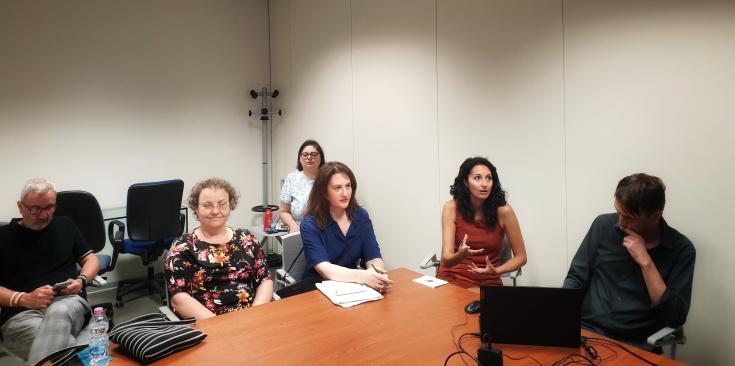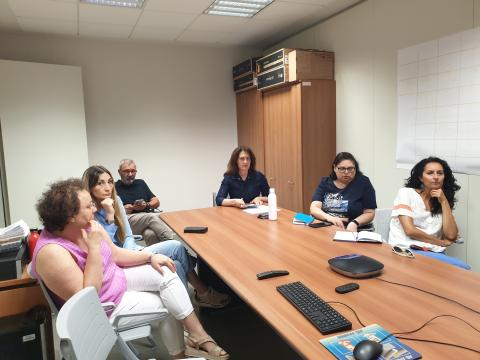Insights from Rome's Local Stakeholder Group Meetings
Rome, with its sprawling metropolitan area, has long been a cradle of history, culture, and natural beauty. Nestled within its vast expanse is the Ancient Appian Way, a site of immense historical significance vying for recognition as a UNESCO heritage site. However, the surge in tourism has brought to light a series of challenges, prompting a proactive response from local stakeholders.
To address the complexities of overtourism, the Metropolitan City of Rome has embarked on a focused initiative, narrowing our scope to the Ancient Appian Way. Recognising the need for precision in the approach, local stakeholders were divided into two groups and conducted separate online meetings on the 10th and 31st of July 2023.
Stakeholders were presented with statistical data outlining the current state of tourism in the metropolitan area, alongside policies aimed at promoting historical itineraries.
The invaluable insights garnered from these meetings shed light on the passionate efforts of tourism operators to attract visitors to the Ancient Appian Way, a site boasting exceptional historical, cultural, and naturalistic significance. However, several critical challenges surfaced during the deliberations, such as an overwhelming surge in visitors due to well-intentioned social media campaigns. Limited transportation options, relying heavily on a city bus line and a train station, contribute to congestion and parking issues, necessitating a comprehensive overhaul of the public transport system. Although bicycle rental points have increased, there is a need for further expansion to promote eco-friendly mobility. The absence of a unified ticketing system for archaeological monuments requires collaborative efforts among operators. Inadequate visitor services, accessibility challenges for disabled users, neglect of less touristic areas, and the need for symbolic installations have been identified. Stakeholders share a goal of encouraging year-round tourism, emphasising the implementation of deseasonalisation strategies to address peak season impacts on the Ancient Appian Way.
Armed with these invaluable perspectives, the next phase of the project will focus on collaborative solutions, weaving together the rich tapestry of history, culture, and sustainability for the Ancient Appian Way. Together, with the commitment of stakeholders, the aim is to unlock the full potential of this extraordinary site while safeguarding its legacy for generations to come.

